When it comes to reducing the amount of waste we produce as individuals, most of us realize that it’s important. However, it might be even more important than you think. As humans, we often fall into the trap of thinking that what we do personally is minor. We have this misconception that, on a personal level, what we do has little to no impact. In a way, that is true. I think you can see where we’re going here. If we all think like that, nobody does anything on an individual level. Instead, we all assume that someone else is doing it. Whether that’s recycling, reusing plastic bags, or simply using metal straws, we need to remember that everything counts.
Where does your waste go?
Many of us put something in the trash can and forget all about it. We tend not to think too much about what the next step is. Unless put into the recycling, your trash goes straight to a dumpsite or landfill.
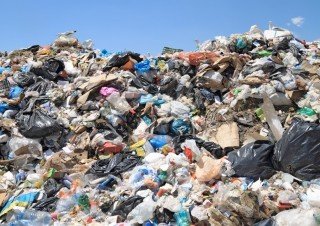
It makes sense that manufacturing and transporting the original product to a shop is costly. However, we tend to forget that it also costs money once we are finished with it. It costs a lot for waste to be transported to a landfill.
Once the trash arrives at a landfill, it is simply put onto the ground. The issue here is that the more waste there is on the ground, the higher the output of methane gas. Methane gas, of course, is a major contributor to climate change. Landfills also produce something called leachate. This is, according to Go Green, a “toxic sludge”. That toxic sludge doesn’t stay in the landfill. Instead, it tends to kill plants and animals as well as contaminating any nearby water.
The waste we produce isn’t biodegradable
Unfortunately, most of the waste we produce which goes to landfills stays there. Of course, one of the most popular and often used examples of this is plastic. According to Austin Downs and Richard Acevedo for Earth Day, humans are simply generating far too much trash. In the case of plastic, the outlook is very bad. Of the 6.3 billion metric tons of plastic waste that has been produced, only 9% has been recycled. It doesn’t take a genius to see that this is not a good ratio. In 2017, the Environmental Protection Agency put the total solid municipal waste in the United States at 267.8 million tons. That is a massive 5.7 million ton increase from 2015. Ultimately, this affects all of us in many ways.
Waste and climate change
Despite becoming supposedly more educated and aware of how our personal waste affects the planet, we seem to have become more careless when it comes to how we dispose of our waste. Our personal waste that goes into landfills has a huge impact on climate change. But a landfill is a landfill, right? They’re one and the same. Not exactly, there are open and closed landfills. Open landfills contribute to a massive 91% of all methane emissions from landfills.
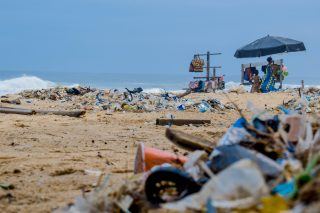
Photo by Lucien Wanda from Pexels
In many parts of the world, in an effort to reduce piles of waste, trash is burnt. This is terrible for the environment and releases dangerous levels of carbon dioxide. Of course, carbon dioxide (CO2) is a greenhouse gas that contributes to climate change. High levels of carbon dioxide are causing the planet to heat up exponentially. Unfortunately, across the world, 40% of trash is disposed of in this manner.
Other negative effects of landfills
Landfills and trash disposal also have an impact on wildlife and even public health. When it comes to wildlife, the most obviously affected is marine life. The sheer amount of plastic has a huge impact on the animals of that ecosystem. Often, marine animals consume the trash because they cannot distinguish it from other food. These animals die as a direct result of consuming the trash. This affects all manner of species, including, but not limited to “fish, seals, turtles, and whales”.
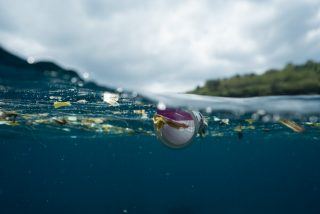
Photo by ERIC CHEN from Pexels
Most species cannot break this plastic down, even in relatively small increments. Scientists have found plastic fragments across thousands of species. Of course, this also means that many humans are consuming this plastic when they eat seafood.
Our own health is also at risk as a result of our inaction. As the trash impacts our environments and leaks into our food and water sources, it also makes us ill. Waste bi-products, according to Earth Day have also been found to cause diseases like asthma, birth defects, cancer, and cardiovascular disease amongst others.
So, what can we do?
It’s all well and good to know that we need to be creating less waste, but what can we do to help the situation? The simple answer is the three R’s: Reduce, Reuse and Recycle.
Reduce: This is really top of the list and first prize. If you can avoid buying something or buy something which isn’t packaged in plastic, you should.
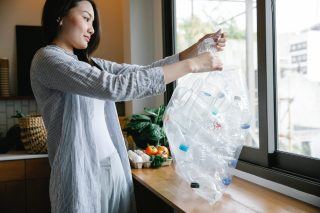
Photo by Sarah Chai from Pexels
Ultimately, we want to be creating less waste. Go Green recommends asking questions such as “Do I really need this?” And “Do I have something that does the same job?”.
Reuse: This is about giving things a second life. You want to check before you throw something away whether it can be fixed. Alternatively, could you repurpose it and use it in a new way? This step is all about checking whether what you’re throwing away really has to go in the bin.
Recycle: Recycling is the final R. It does necessitate the use of energy and resources in order to work. However, going green is impossible without recycling. Ideally, you need to find out whether the city you live in has a recycling program. If not, there are usually private companies that you can pay to do it.
Once you know you can recycle, you need to find out what you can recycle. Most cities or companies have lists that specify what you can and can’t put into recycling. This also might necessitate a little extra work, as companies (and cities) often require recycling to be separated. For example, you might have to separate paper, plastic, and glass.
Reference list
http://www.environment.gov.sk.ca/reducingwaste
https://www.earthday.org/how-our-trash-impacts-the-environment/
https://advances.sciencemag.org/content/3/7/e1700782
https://www.nature.com/articles/nclimate2804
https://www.scientificamerican.com/article/burning-trash-bad-for-humans-and-global-warming/
https://www.epa.gov/report-environment/disease-and-conditions


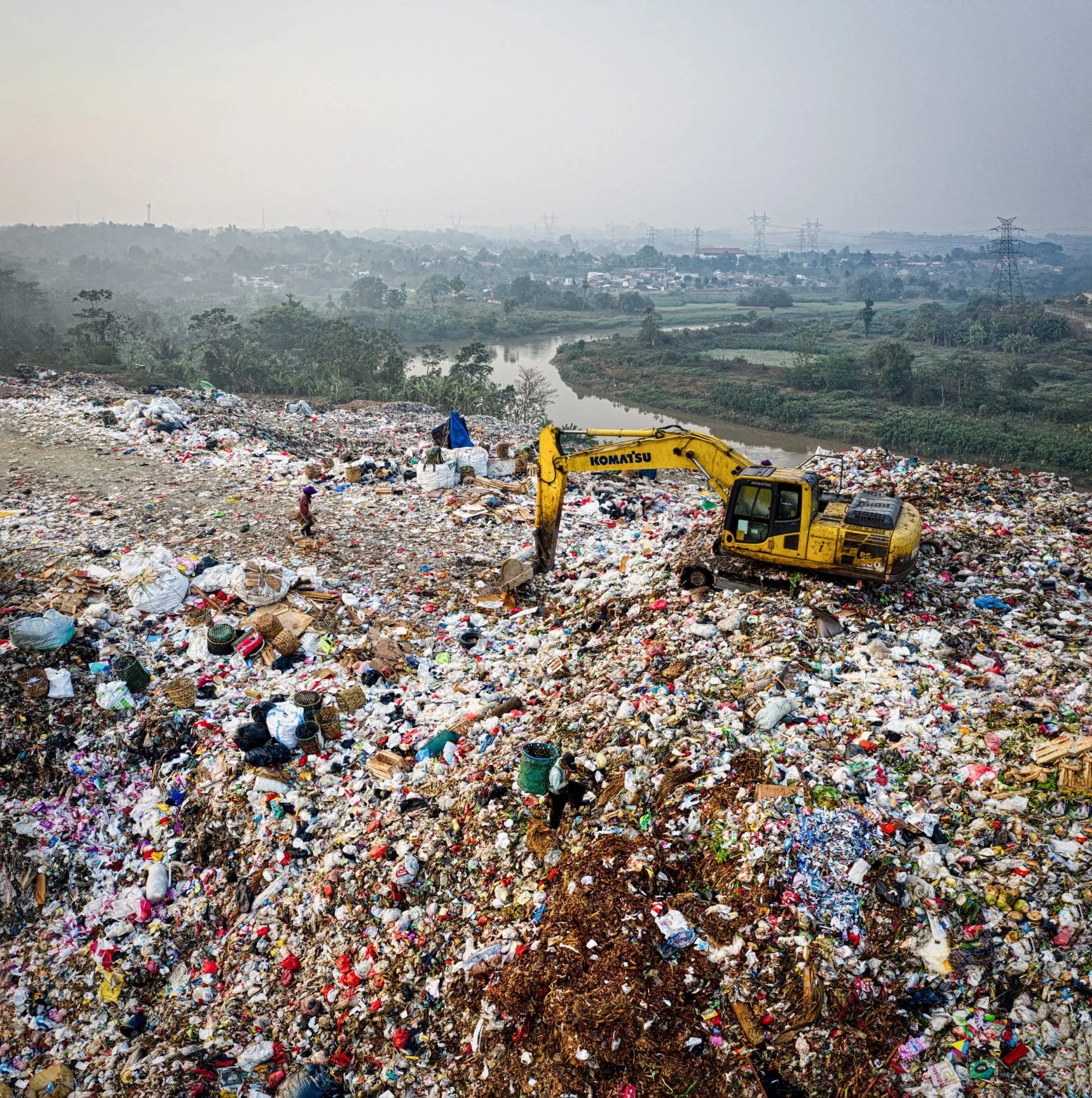


![women [longevity live]](https://longevitylive.com/wp-content/uploads/2020/01/photo-of-women-walking-down-the-street-1116984-100x100.jpg)









